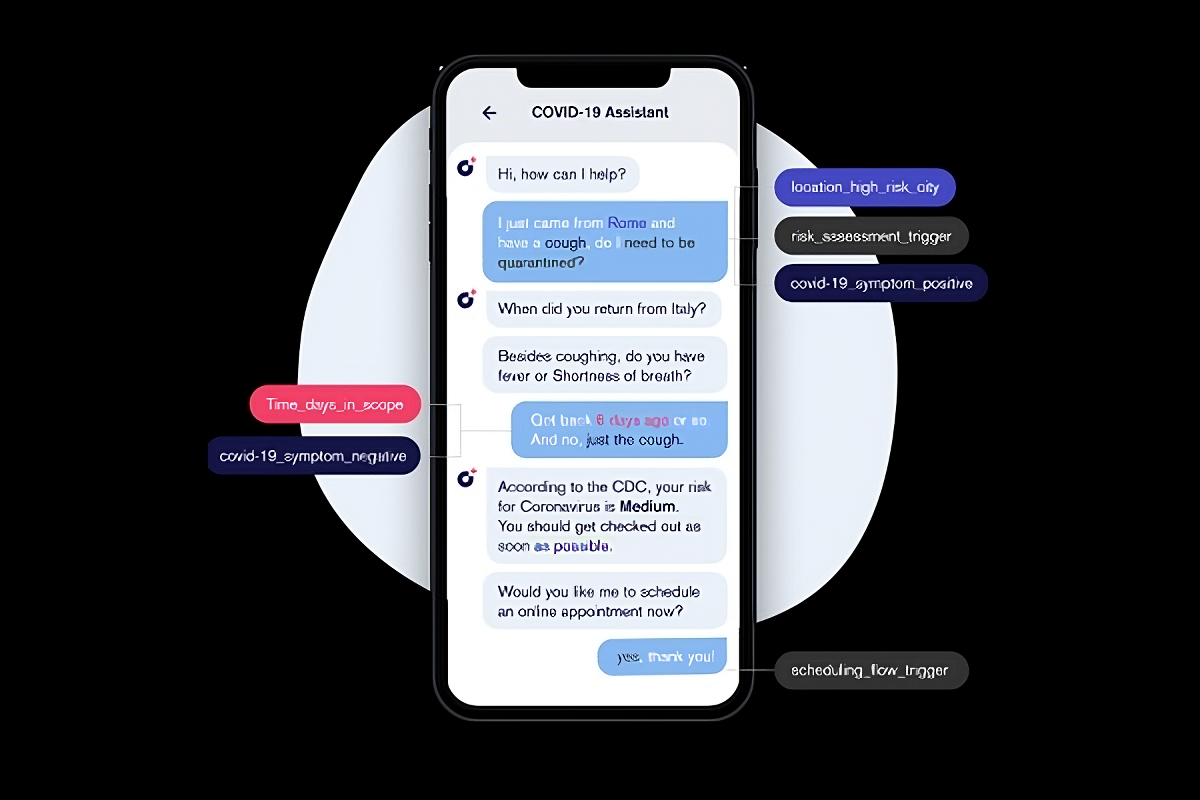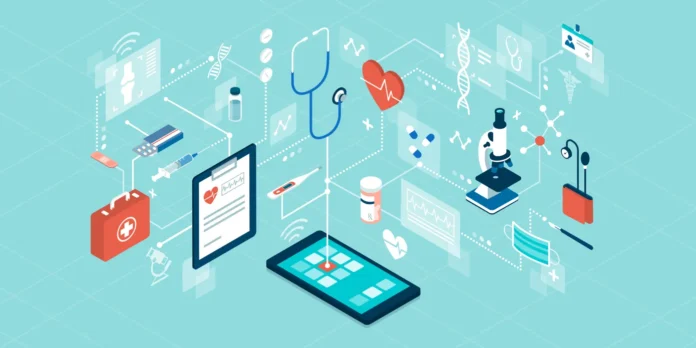Israel Krush and Rom Cohen first met in an AI course at Cornell Tech, where they bonded over a shared desire to apply AI voice technologies to the healthcare sector. Specifically, they looked to automate routine messages and calls that often lead to administrative burnout, such as scheduling calls, prescription refills, and medical directory searches.
Several years after graduating, Krush and Cohen brought their ideas to life with hyro, which uses AI to facilitate text and voice conversations across the web, call centers, and apps between healthcare organizations and their customers. Hyro raised $20 million in one round Serie B led by Liberty Mutual, Macquarie Capital and Black Opal, bringing the startup's total raised to $35 million.
Krush says the new cash will go toward expanding Hyro's marketing and R&D teams.
“When looking for a space that would benefit the most from the transformation of these technologies, we discovered and validated that healthcare, with staff shortages and outdated processes, had the greatest need and pain points, and we continued to focus on this particular vertical. ”Krush argued.
According to Krush, the health industry faces significant staff shortages, exacerbated by logistical complications that arose during the pandemic. In a recent interview with Keona Health, Halee Fischer-Wright, CEO of the Medical Group Management Association (MGMA), said MGMA analyzed that 88% of medical practices have had difficulty hiring front-line staff over the past year. According to other estimates, the health field has lost 20% of its commitment.
Hyro does not attempt to replace employees. But he injects automation into the equation. The platform is essentially a drop-in replacement for traditional IVR systems, handling calls and texts automatically using conversational AI.
Hyro can answer common questions and handle tasks like booking or rescheduling an appointment, providing engagement and conversion metrics on the backend while it does so.
Many platforms do this, or at least claim to do so. Take RedRoute, a voice-based conversational AI startup that offers an “Alexa-like” customer service experience over the phone. On the other hand, there is Omilia, which provides a conversational solution that works across platforms (e.g. phone, web chat, social media, SMS, and more) and integrates with existing customer service systems.
But Krush says Hyro has important differences. For one thing, he says, it offers an AI-powered search function that pulls up-to-date information from a client's website, apparently preventing incorrect answers to questions (a notorious problem with text-generating AI). Hyro also features “intelligent routing,” which allows you to “intelligently” decide whether to complete a task automatically, send a link for self-service via SMS, or route a request to the correct department.

“Our AI assistants have been used by tens of millions of patients, automating conversations across multiple channels,” Krush said. “Hyro creates a feedback loop by identifying missing knowledge gaps, essentially mimicking the operations of a call center agent. It also shows within a conversation exactly how the AI assistant deduced the correct answer to a patient or customer's query, meaning that if incorrect answers were given, a business can understand exactly which part of the content or data set is tagged. incorrectly and correct it accordingly.”
Of course, no technology is perfect, and Hyro's is probably no exception to the rule. But the startup's sales pitch was enough to win over dozens of networks. medical care, providers and hospitals as customers, including Weill Cornell Medicine. Annual recurring revenue has doubled since Hyro came to market in 2019, Krush says.
Hyro's future plans involve expanding into industries adjacent to the medical care, including real estate and the public sector, as well as completing the platform with more customization options, business optimization recommendations and “variety” in the AI skills Hyro supports.
“The pandemic accelerated the digital transformation of healthcare and made the problems we are solving very clear and obvious (for example, the increase in calls related to information, access to testing, etc.),” Krush said. “We were one of the first to offer a COVID-19 virtual assistant that was implemented in less than 48 hours with reliable information from the health system and resources such as the CDC and the World Health Organization…. “Hyro is well funded, with good growth and momentum, and we have always managed a responsible budget, so we are actually looking to expand and gather more market share while competitors are slowing down.”




